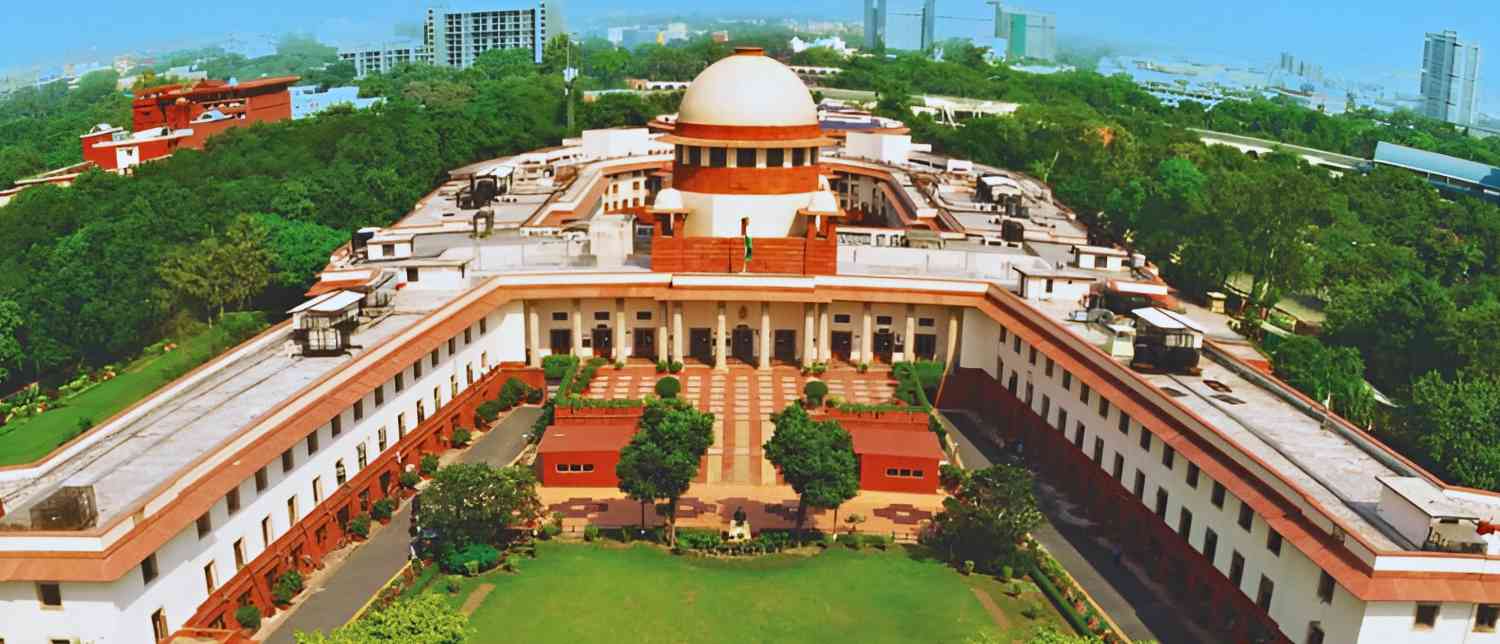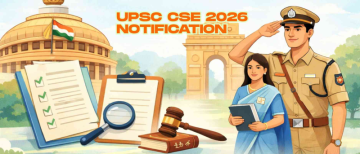The long-running debate over reservations in Telangana has now reached the Supreme Court of India. A special strategy session this week could play a decisive role in shaping what happens next, as state leaders, legal experts, and political parties prepare for a legal showdown that could redefine caste-based quotas in the state. At the heart of the matter lies Telangana’s attempt to expand reservations for certain communities beyond the 50% cap set by the Supreme Court in earlier rulings. The case has drawn national attention because it combines sensitive social issues—like equality, representation, and opportunity—with political stakes that could influence future elections.
Background: How Telangana Reached This Point
When Telangana was carved out of Andhra Pradesh in 2014, one of the new government’s major promises was to enhance opportunities for backward and marginalised communities. Over the years, the state introduced policies aimed at increasing quota benefits for Scheduled Tribes (STs), Scheduled Castes (SCs), and notably, Muslims under the “Backward Classes” (BC) category.
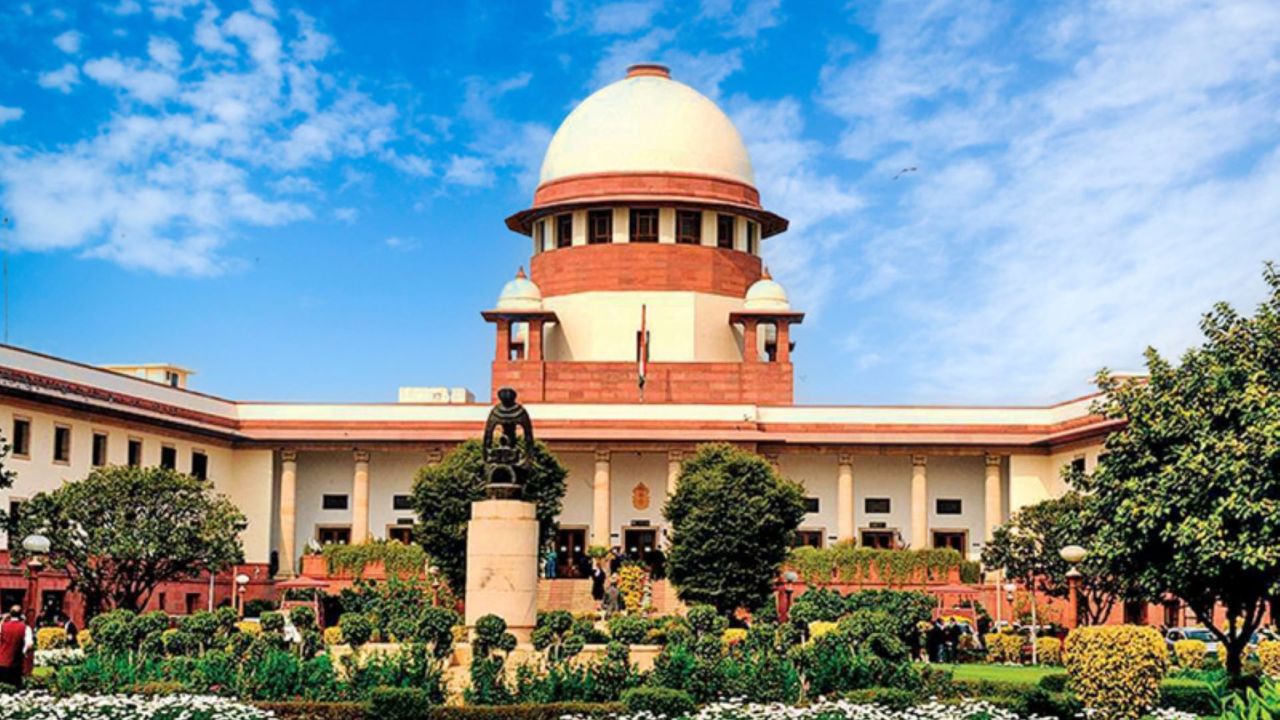
In 2017, the state assembly passed a bill to raise total reservations to 62%, exceeding the constitutional limit of 50%. However, this proposal required central government approval to be added to the Ninth Schedule of the Constitution, a move that would protect the law from being challenged in courts. That approval never came, and the issue has remained stuck between legal and political resistance ever since.
Now, with a number of petitions pending before the Supreme Court, Telangana’s leadership is reportedly holding high-level meetings to fine-tune their courtroom strategy and address compliance concerns raised by the Union government.
A Constitutional Tightrope
The 50% limit on reservations was first firmly established in the 1992 Indra Sawhney vs Union of India (Mandal Commission) judgment. This ruling stated that excessive quotas could violate the principle of equality guaranteed under Article 14 of the Constitution. However, many states—including Tamil Nadu and Maharashtra—have previously tried to bypass this limit through constitutional amendments or legislative special provisions.
Telangana’s argument draws on the same line of reasoning as those states: that special social and educational conditions justify exceeding the 50% mark. The government has cited demographic data and educational backwardness reports to claim that the increase is a matter of fairness, not mere politics. Critics, however, see the move as a populist attempt to win votes, especially from dominant backward communities. Legal experts caution that pushing the limit without data-supported justification could invite judicial intervention and even partial rollback of existing quotas.
Political and Social Implications
The quota question has sparked fresh political debates in Telangana. The ruling party insists that the state’s unique social composition demands flexibility from the Centre and the courts. Opposition parties, meanwhile, accuse the government of mishandling the issue by making promises it could not legally deliver.
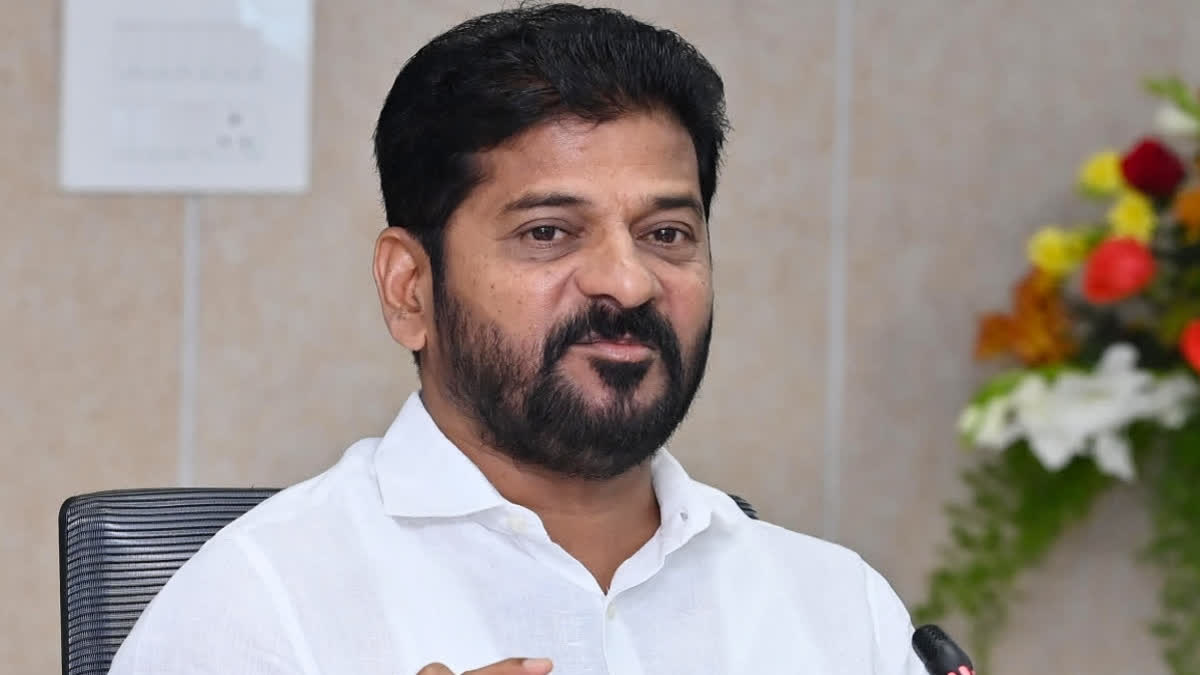
For many citizens—especially those from backward rural areas—the matter is not about politics but survival. Reservations play a crucial role in accessing education, jobs, and government welfare. Several youth and social justice groups have already held peaceful demonstrations across Hyderabad and Warangal, urging both state and central authorities to find a constitutional way out.
The ruling in the Supreme Court could have far-reaching consequences, not only for Telangana but also for other states watching the case closely. If the court reconsiders or relaxes the 50% ceiling, it could open the door for a uniform re-examination of reservation limits across India.
The Road Ahead
The Supreme Court’s upcoming hearings will likely determine the next chapter of Telangana’s quota battle. The judges are expected to assess whether the state’s data truly supports the claim of exceptional circumstances—a key condition for crossing the 50% limit. They will also examine whether procedural steps were correctly followed when the state passed its reservation amendment bill.
In the meantime, Telangana’s government has initiated a closed-door session with senior advocates, bureaucrats, and sociologists to craft a robust legal defence. Reports suggest the strategy will focus on proving that the expansion of quotas is not arbitrary, but based on empirical evidence and social need.
While the legal arguments continue, ordinary citizens are left waiting for clarity. For students preparing for competitive exams or public job seekers hoping for improved opportunities, the decision could change the course of their futures.
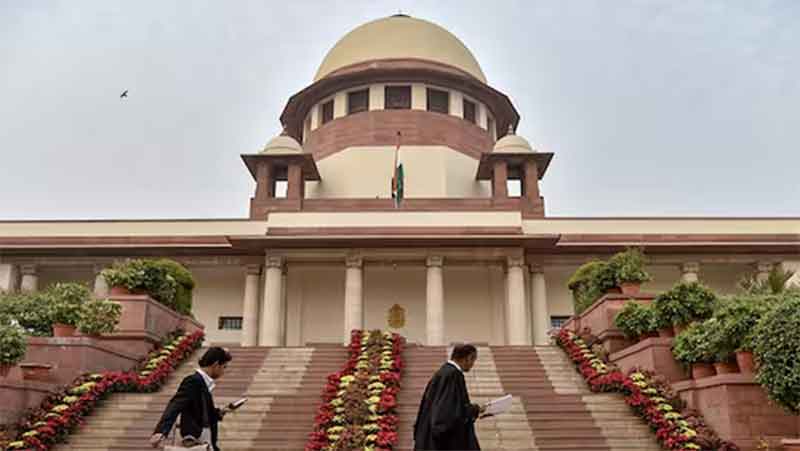
Telangana’s quota debate, therefore, is not just a legal question—it is a story about fairness in a young state trying to balance opportunity with equality. Whether the Supreme Court upholds or restricts the state’s move, one thing is clear: the judgment will set a precedent that might impact how India manages affirmative action for years to come.
With inputs from agencies
Image Source: Multiple agencies
© Copyright 2025. All Rights Reserved. Powered by Vygr Media.

